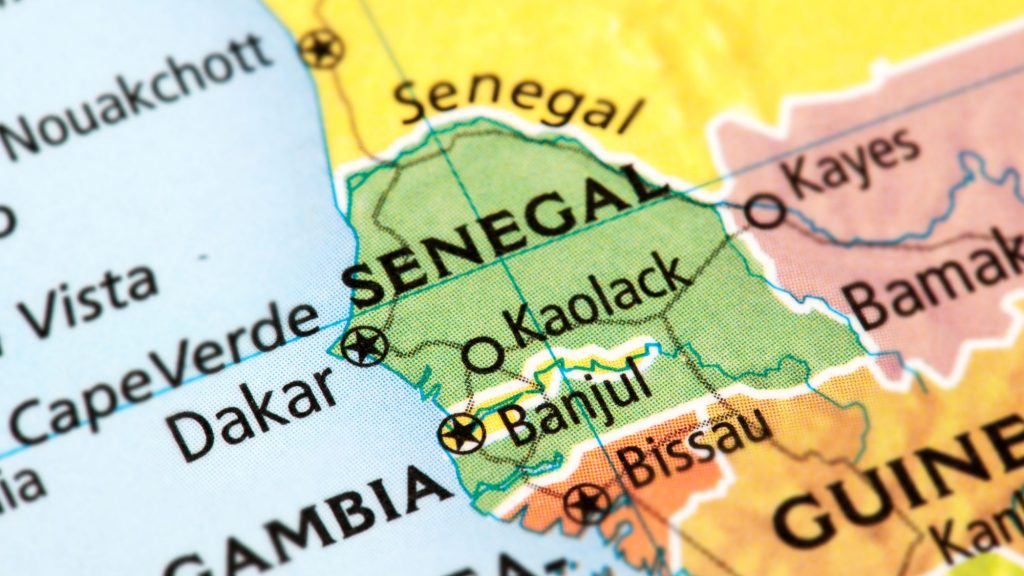We all have them. Those apps we open without thinking. Not because we need anything in particular, but because they feel… safe, in some…
Senegal tops African countries in cybersecurity – Indusface

Recent research conducted by cybersecurity firm Indusface has revealed that Senegal has emerged as the most cyber-secure African country for businesses to allow their employees to work remotely.
The study, which analysed various cybersecurity metrics including DDOS attacks, phishing sites, malware hosting sites, and compromised computers, assigned a cyber security index score to each country. Senegal secured the top spot with an impressive index score of 78.09 out of 100.
The rise of remote and hybrid working models has led to an increased focus on cyber security, as businesses grapple with the challenges of maintaining data protection and network security outside the traditional office environment. Indusface’s study found that 68% of high-revenue growth companies worldwide have adopted a hybrid work model, reaping benefits such as reduced costs, improved flexibility, and access to a broader talent pool.
The research also identified Nigeria as the second most cyber-secure African country, with an index score of 74.68. Notably, Nigeria demonstrated the lowest number of compromised computers per 100 000 internet users among all African countries analysed. This finding highlights Nigeria’s effective measures against the Gamarue botnet, which can lead to significant vulnerabilities for businesses’ data and devices.
Globally, the top three most cyber-secure countries for remote work were identified as Honduras, South Korea, and Japan. Honduras secured the first position with a total cybersecurity score of 89.55 out of 100, primarily due to its low average number of DDOS attacks and phishing sites.
South Korea followed closely, boasting a cyber security score of 88.85 and only 13 compromised computers per 100,000 internet users. Japan ranked third with an overall score of 87.49, boasting the lowest number of DDOS attacks among the top five most secure countries.
Venky Sundar, founder and president of Indusface, emphasised the importance of addressing remote work security risks in today’s evolving business landscape. He provided six top tips for small businesses to ensure cyber security when working remotely. These include considering countries least targeted by hackers, evaluating data security regulations such as GDPR, researching law enforcement capabilities, exploring government grants for cybersecurity, and assessing the level of cybersecurity awareness in different generations.
Indusface’s research and insights aim to assist businesses in making informed decisions regarding remote work security. By understanding the cyber threat landscape and adopting appropriate measures, companies can mitigate risks and protect sensitive data and assets from potential hackers.
For more information and access to the full report, visit Indusface’s official website.
READ NEXT: GEC+ Africa 2024: Igniting African entrepreneurship

